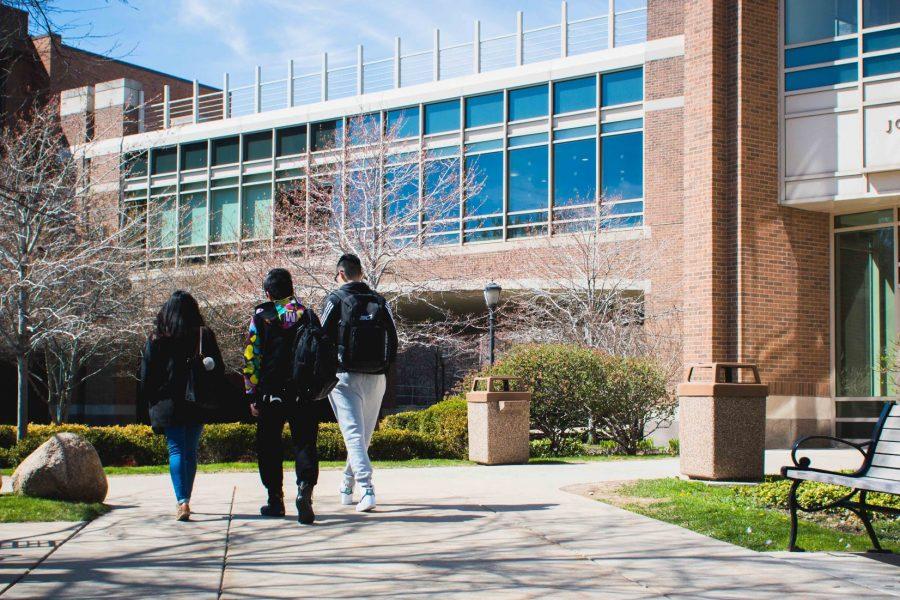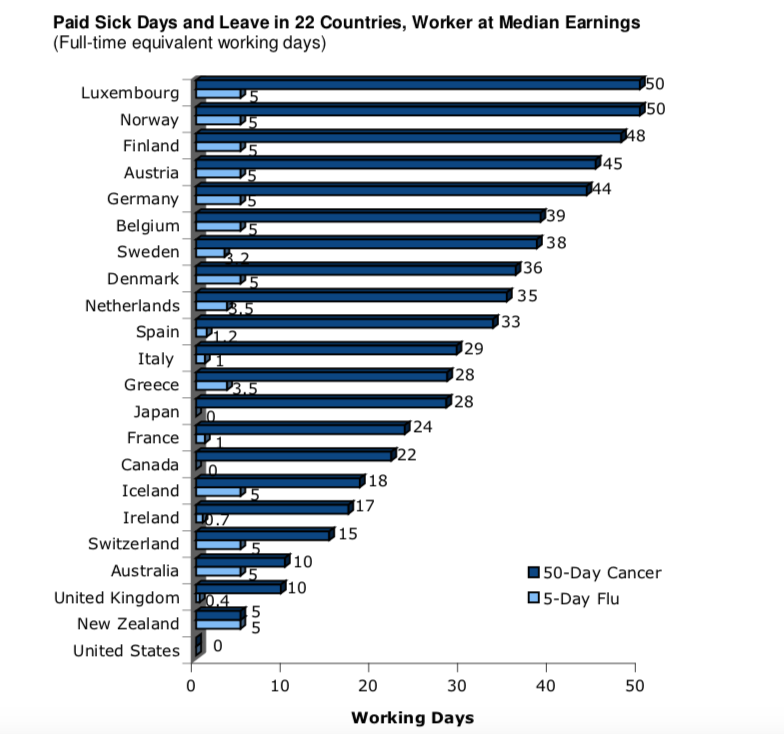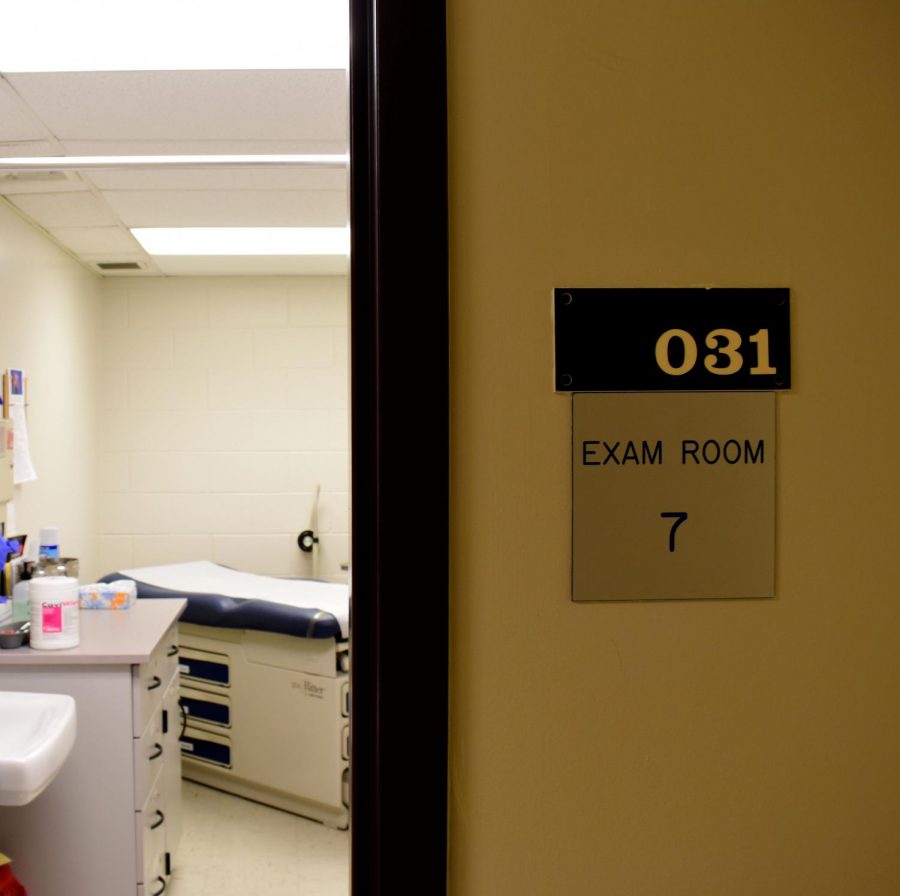Colleen Willenbring has no health insurance or job security, but she does have a doctorate in English and a full teaching load of three courses at Marquette.
Willenbring is an adjunct professor who works part time at Marquette. Adjuncts are faculty members on a non-tenure track and thus, their positions are not protected. They typically teach one to three courses a semester, earning a little over $3,000 per course.
Adjuncts receive no health benefits from the university. They can purchase insurance plans through the university but have to pay the full premium themselves.
The university’s Academic Senate has been creating a set of recommendations for the administration about how to improve the working conditions of adjunct professors. The movement is largely spurred by Dan Maguire, a tenured professor in the theology department.
“How could I teach Christian ethics and sit on my privilege as a tenured faculty member and ignore people doing the heavy lifting?” Maguire said.
The teaching load of an adjunct makes it difficult to hold another job for supplemental income, but the money from teaching alone is not enough to support such an instructor, he said.
For two years Maguire has been pushing the university to take action to improve the situation of adjuncts.
The lack of benefits for adjunct professors contrasts sharply with Marquette’s identity as a Catholic Jesuit university, he said.
“One adjunct who taught for us did not have health care benefits all year. During the summer he drove a truck for a beer distributor, and the beer distributor gave him health care benefits,” Maguire said. “Would that mean that the beer distributor had better ‘cura personalis’ than Marquette University? The answer to that is yes.”
But extending benefits to adjuncts or identifying problems in the system is difficult because of how individual situations vary, said Angela Sorby, an associate professor in the English department.
Sorby heads the Academic Senate committee researching the role of adjuncts at Marquette.
For example, adjuncts in the Law School, College of Business Administration or College of Professional Studies are commonly professionals working full time who choose to teach a course on the side, she said.
“Any attempt to decide what’s best is going to run up against the extreme diversity of situations, both for departments and individual faculty,” she said.
For example, the university wouldn’t want to offer health benefits to someone who works full time as a lawyer, she said.
But then there are adjuncts like Willenbring, whose teaching load is comparable to some full-time faculty members, yet she cannot afford health insurance.
Still, Willenbring said her current employment as an adjunct is a “good gig,” because of its flexibility and because she is able to gain experience working at a university.
She said she hopes to find full-time employment by next year.
“I think I would leave academics before I would do this for many years,” Willenbring said.
Her teaching load can make it difficult to keep up with job applications and the necessary research to remain competitive, she said.
The Academic Senate committee will present a set of recommendations for the full Senate to vote on at next month’s meeting, Sorby said.
The committee will look at whether some of the adjunct positions can be converted into full-time, non-tenure track positions, she said.
Currently, the English department has three positions for visiting professors with doctorates, Sorby said. These professors teach at the university for a fixed period of time and receive both a salary and benefits.
This could be a potential model for other departments, she said.
Across the country, there is a trend toward hiring part-time or non-tenure track faculty over full-time, tenure track faculty to save money, but this can be a detriment to the university, Sorby said.
“Adjuncts are popular in some ways with the people who have money because it’s not as expensive,” she said. “Although many of (the adjuncts) are very good, you cannot run an excellent liberal arts program staffed exclusively by people who are only here five hours a week.”
Professors also resent the increasing reliance on adjunct faculty, since it means there are fewer tenured positions available, she said.
The university views adjunct professors as valuable members of the academic community, Provost John Pauly said.
“Marquette believes that part-time instructors add great value to our programs, bringing enthusiasm for teaching and often significant professional experience,” he said in an e-mail. “I appreciate their contributions.”
Erik Ankerberg, an adjunct professor of English, said the increased hiring of adjuncts is unsurprising given the economics of the situation.
“The problem is that … everyone has to be honest about the economic realities that drive this,” Ankerberg said. “There are too many people available to teach and simply not enough positions. I don’t think we should be surprised that institutions turn to this as a viable model.”
In addition to his adjunct position at Marquette, Ankerberg teaches English at Wisconsin Lutheran College as a full-time associate professor. Although he’s not in the same boat as other adjuncts who simultaneously teach and seek full-time employment, he said he understands their predicament.
“I certainly know that it’s not easy. Most of them are looking continually for full-time employment,” Ankerberg said. “The benefit is that at least they’re staying in a system where they’re getting teaching experience and still employed.”
Ultimately, Willenbring said she doesn’t expect the adjunct system to change in universities.
“It’s kind of something that as a whole we’re sort of resigned to more than we’re actively able to address,” she said. “I don’t think anyone likes it, but it kind of seems the way it has to be right now.”








